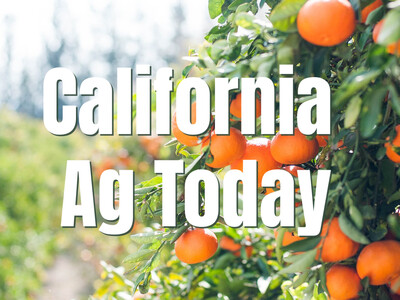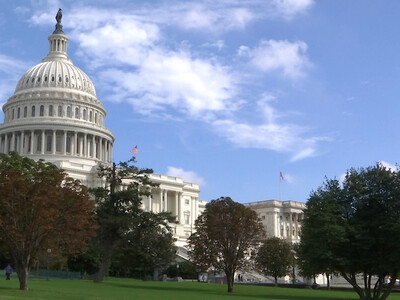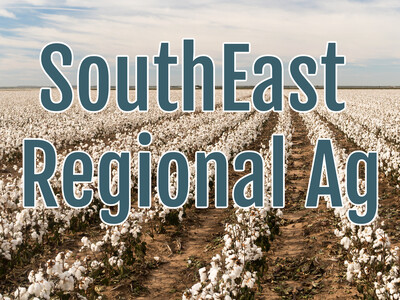Egg Product Recall & Biodiesel Tax Credit
Egg Product Recall & Biodiesel Tax Credit plus Food Forethought. I'm Greg Martin with today's Northwest Report.A Lacey, Wa company has issued a recall for processed egg products due to a possible salmonella contamination. Nutriom LLC ships their dried egg products nationwide and to U.S. military installations in the United States and abroad, as well as to Canada. The dried egg products were produced between Feb. 28, 2013, and Feb. 8, 2014, and bear the establishment number "INSPECTED EGG PRODUCTS PLANT 21493G" inside the USDA Mark of Inspection.
A bipartisan Senate bill would reinstate the expired biodiesel tax credit through 2017. Iowa Republican Chuck Grassley and Washington state's Maria Cantwell introduced the bill to extend the one-dollar-per-gallon tax credit through 2017. National Biodiesel Board Spokesman Ben Evans says there's been some momentum on Capitol Hill behind extending the biodiesel credit.
EVANS: The biodiesel tax incentive has expired three times in the last five years. It expired in 2010, 2012 and again it expired starting January 1st of this year. Senator Wyden that just took over the finance committee has made it clear that he will make tax extenders his number one priority. He's said that several times over the past week or so. We think the biodiesel tax incentive is in a good place to be passed as part of any package. It has good bi-partisan support. It's got geographically diverse support.
Now with today's Food Forethought, here's Lacy Gray.
The USDA's "Report of the National Stakeholders Conference on Honey Bee Health" does not point to any one "smoking gun" in the plight of the honey bee, in fact, multiple factors are listed in the report as playing a role in honey bee colony declines. Those include parasites and disease, poor nutrition, genetics, and yes, pesticide exposure. Through the cooperation of farmers around the country incorporating bee habitat into their land through the Conservation Reserve Program, the Environmental Quality Incentive Program, and the Conservation Stewardship Program the plight of the honey bee is improving. Farmers are well aware that honey bees are the major crop pollinator in the United States and are just as eager to help protect this important little insect. That's why many are talking with their local beekeepers to find out if there are beehives near their fields, containing treated seed and cleaning up any that may fall on the ground, and notifying local beekeepers when they plan on applying crop protection products. Farmers know that their business relies on honey bees surviving and thriving.
Thanks Lacy. That's today's Northwest Report. I'm Greg Martin on the Ag Information Network.















